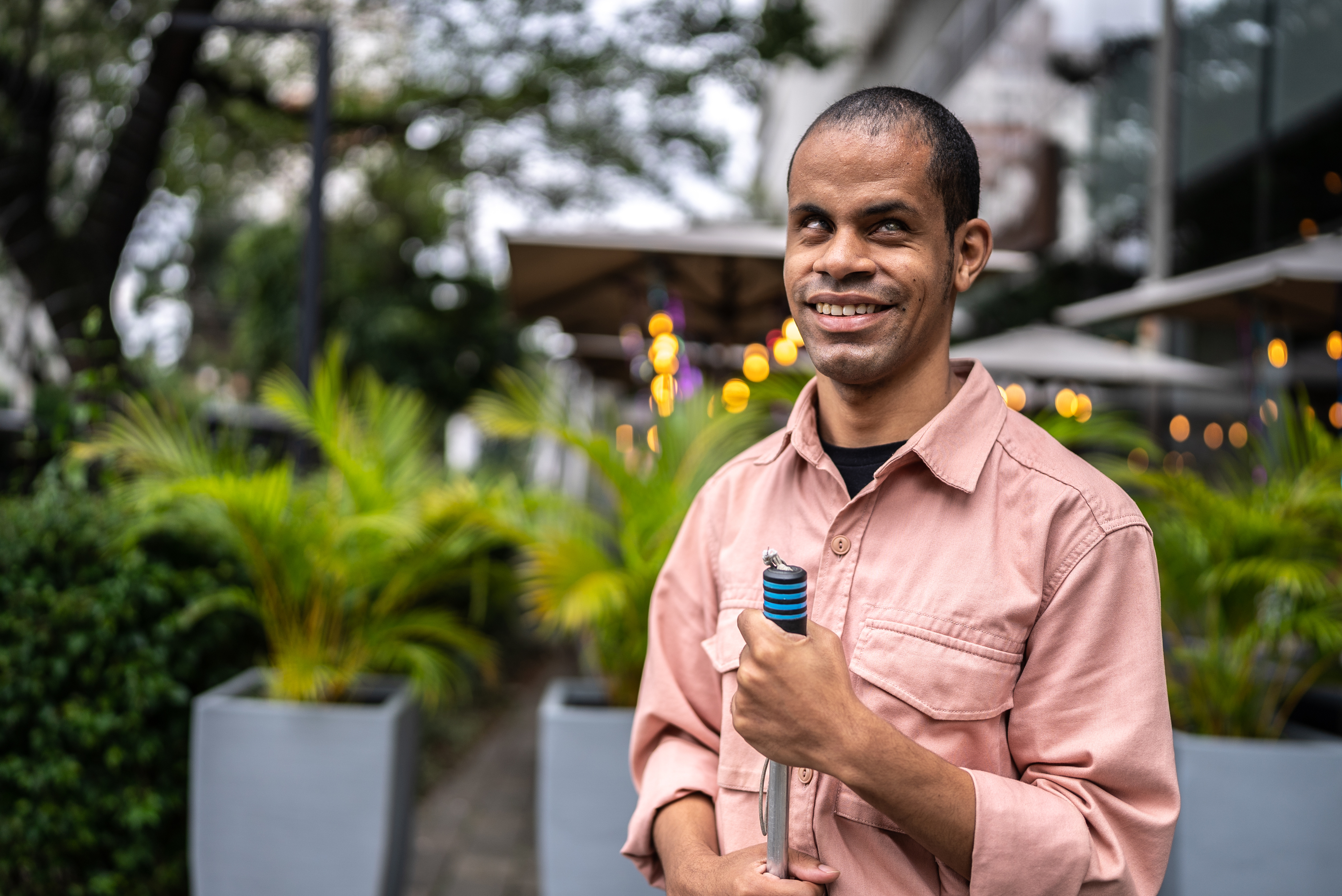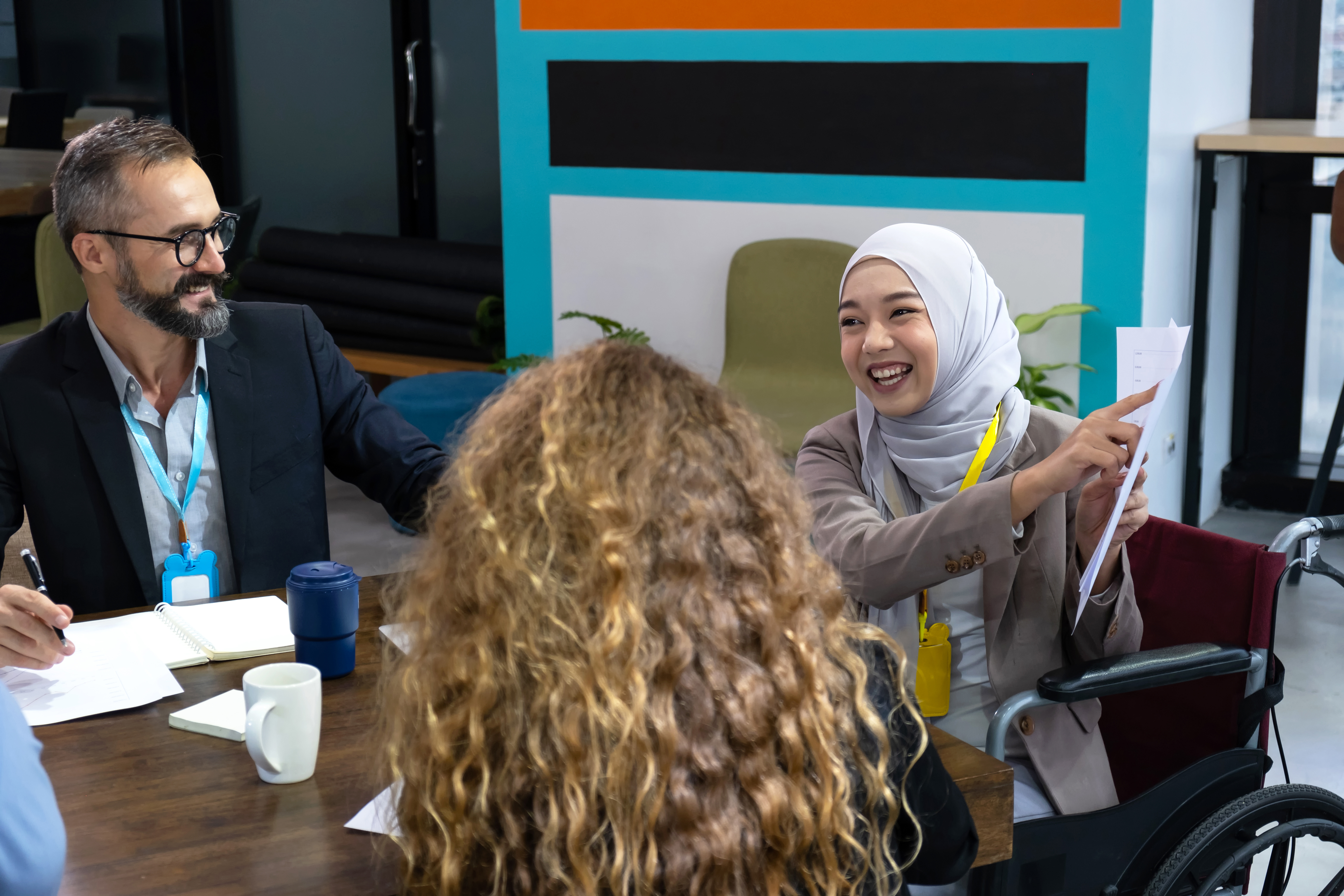National study led by Life Span Institute researchers asks people with disabilities to share their experiences
People with disabilities are invited to participate in a national study based at the University of Kansas that aims to document their experiences with a variety of issues, including access to health care, housing, long COVID, transportation, employment and connection to their community.

The National Survey on Health and Disability (NSHD) has gathered detailed, nationwide information on U.S. adults with disabilities and their experiences with health insurance and health care services since 2018. It is funded by the National Institute on Disability, Independent Living, and Rehabilitation Research and directed by Jean Hall, who leads the KU Institute for Health and Disability Policy Studies (IHDPS) at the KU Life Span Institute.
“This project gives voice to the concerns of people with disabilities,” Hall said. “This year, we hope the information people provide will tell us whether access to health care has gotten worse for any subgroups of people with disabilities, whether those are people who are LGBTQ+, or people of color, or people of a certain age, or people who live in a certain geographic area. The survey will help us identify if that's happening.”
The NSHD continues to gather information this year about people’s experiences during the COVID-19 pandemic, including long COVID and its effects on their quality of life, health care access and employment.
Individuals can specify how they would like to participate in the survey, whether online or by phone, and whether they would like to receive a link via email or text.

“KU researchers share de-identified NSHD data and findings with other researchers and policymakers to inform and guide programs and services,” said Noelle Kurth, co-investigator for the project. “The survey reinforces the philosophy of ‘nothing about us without us’ when it comes to making decisions that will affect the lives of people with disabilities.”
For example, researchers have used survey results to determine that questions used in federal surveys to identify people with disabilities miss up to 20% of this population, especially those with mental illnesses. As a result, people with disabilities are likely undercounted and their needs underestimated.
“That, in turn, can affect the funds invested in serving the population,” Kurth said.
Using data from the NSHD, researchers have previously documented that people with a variety of disabilities report being denied care outright by physicians and other medical providers. The NSHD has shown that people with disabilities who are also LGBTQ+ experience worse health and poorer access to health care than straight, cisgender people with disabilities.

The survey also has documented that people who acquire disabilities later in life tend to have poorer health and greater health care expenditures than people who become disabled earlier in life.
“To understand the needs of underrepresented communities, we need data,” Hall said. “We want to hear directly from individuals with disabilities and quantify what exactly is happening and what needs to change to improve their quality of life."